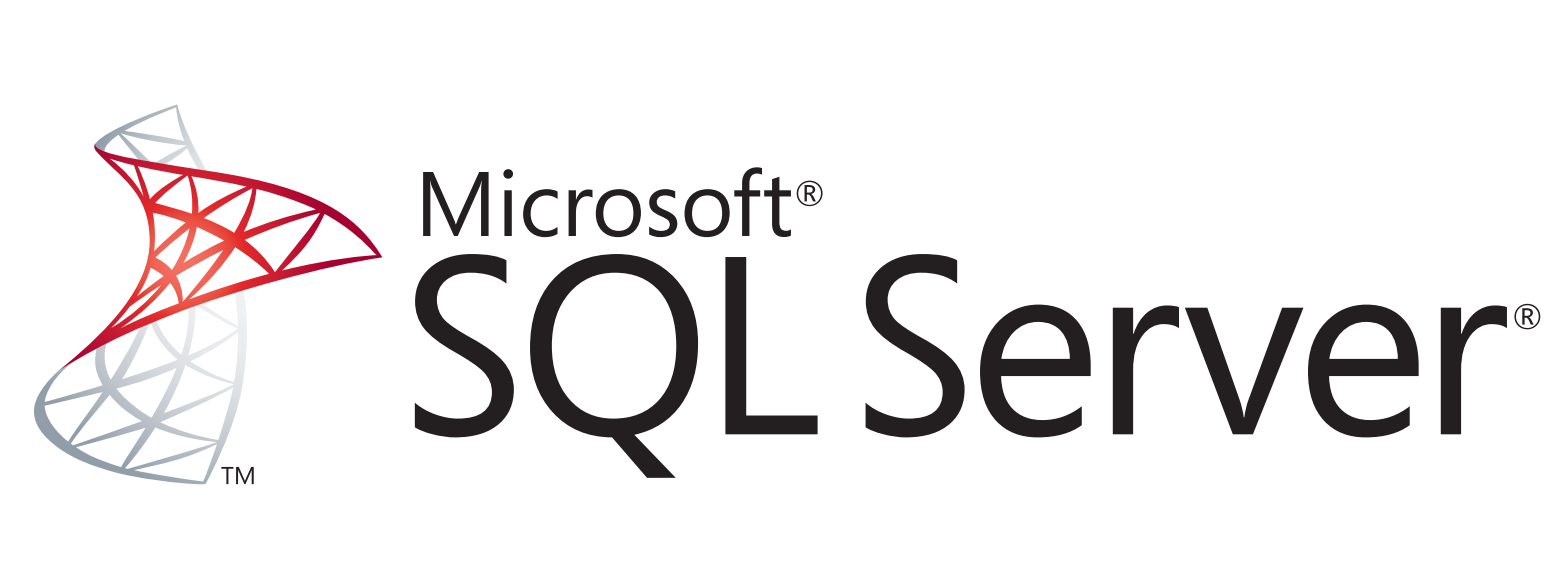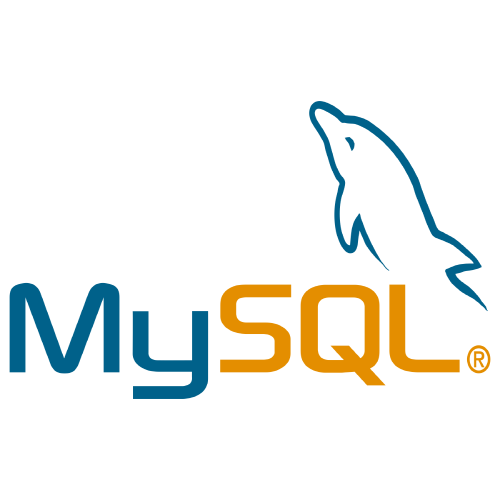- Home
-
About us
Want to change the world? At Berkeley we’re doing just that. When you join the Golden Bear community, you’re part of an institution that shifts the global conversation every single day.
Read more -
Admission
Programming Languages
A programming language is a formal language that specifies a set of instructions that can be used to produce various types of output. They are used to create software, mobile apps, websites, and more. Examples include Python, Java, C++, and JavaScript.
Read moreData Base
A database is a collection of data that is organized in a specific way to make it easy to access, manage, and update. It can be a simple text file or a complex system with multiple tables, relationships, and a query language. Examples include MySQL, SQL Server, and MongoDB. Databases are used to store and retrieve data for various applications.
Read moreDigital Marketing
Digital marketing is the use of various digital channels such as search engines, social media, email, and websites to promote products or services. It includes various tactics like SEO, PPC, content marketing, influencer marketing and many more. It helps businesses to reach a larger audience and generate more leads and sales.
Read moreAnimation
Animation is the process of creating the illusion of motion and change by rapidly displaying a sequence of static images. It can be used in various forms such as 2D, 3D, stop-motion, and hand-drawn animation. It is widely used in film, television, video games, advertising and web design.
Read more -
Courses
Programming Languages:1
Programming Languages:2
Full Stack:
Designing
Digital Marketing:
Basic Computer
Our Develompent Wing
CBSC Syllabus
-
PROJECTS
Web Development
A programming language is a formal language that specifies a set of instructions that can be used to produce various types of output. They are used to create software, mobile apps, websites, and more. Examples include Python, Java, C++, and JavaScript.
Read moreWeb Maintenance
A database is a collection of data that is organized in a specific way to make it easy to access, manage, and update. It can be a simple text file or a complex system with multiple tables, relationships, and a query language. Examples include MySQL, SQL Server, and MongoDB. Databases are used to store and retrieve data for various applications.
Read moreSocial Media Management
Digital marketing is the use of various digital channels such as search engines, social media, email, and websites to promote products or services. It includes various tactics like SEO, PPC, content marketing, influencer marketing and many more. It helps businesses to reach a larger audience and generate more leads and sales.
Read moreGraphic Designing/ Video Editing
Animation is the process of creating the illusion of motion and change by rapidly displaying a sequence of static images. It can be used in various forms such as 2D, 3D, stop-motion, and hand-drawn animation. It is widely used in film, television, video games, advertising and web design.
Read more - Career
- Contact us
- FAQS
Home
About Us
All Courses
Admission
Programming
- Python Core/Advance
- Data Analyst
- Deep Learning
- Machine Learning
- Artificial Intelligence
- Data Science
- Power BI/Tableau
- Learn Django
- Java Basic/Advance
- Java with Spring
- Java with Hibernate
- Asp.Net with C#
- Asp.Net with MVC
- HTML/CSS/JAVA Script
- Wordpress
- React
- Angular Js
- Bootstrap
- C/C++ Language
- Data Structure
- Computer Basic
- MS-Office
- Advanced Ms Excel
Full Stack Course
Designing
- Adobe Photoshop
- Adobe-illustrator
- Adobe After Effects
- Adobe Animate
- Adobe inDesign
- Adobe Sketchbook
- Adobe Premiere Pro

























